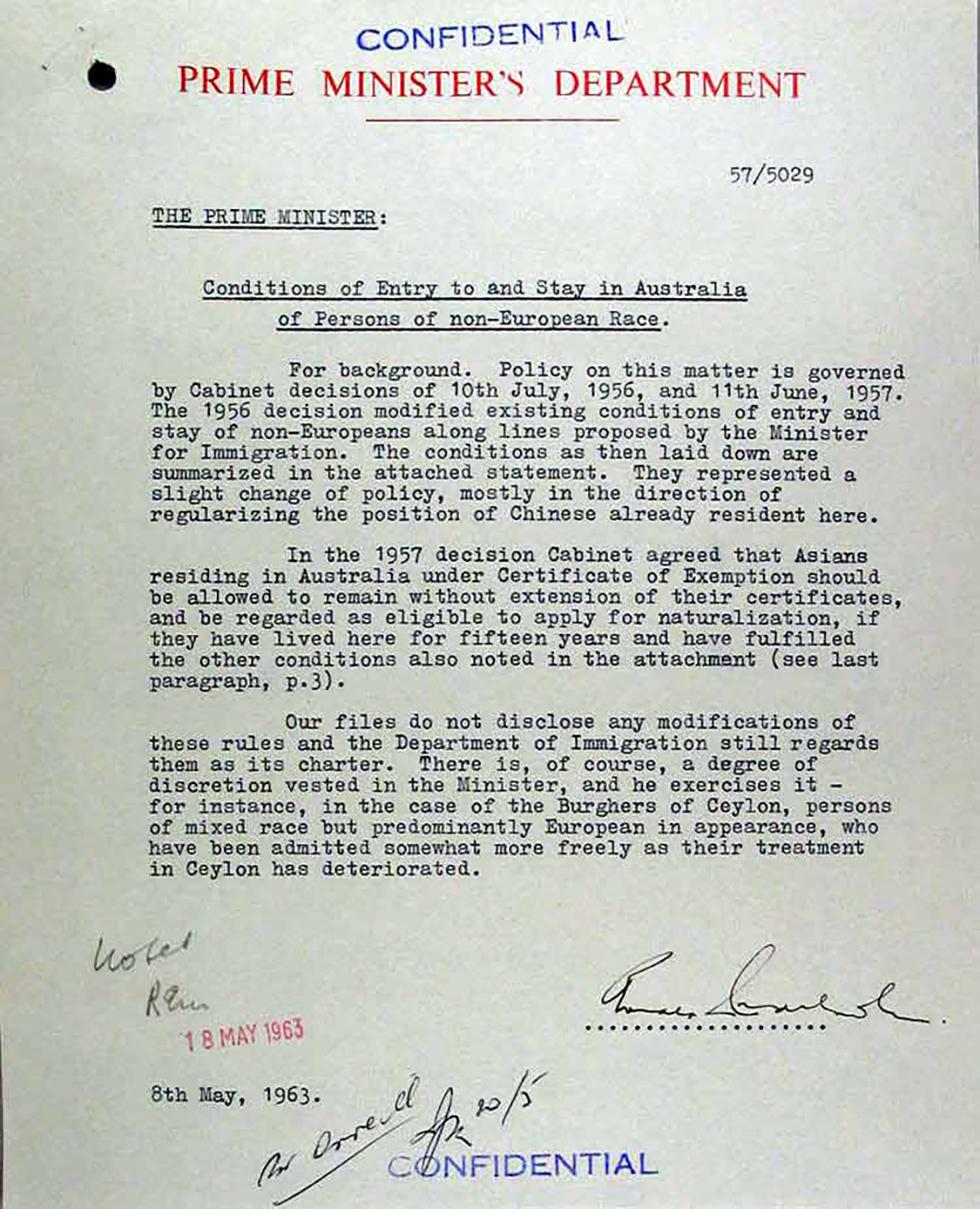
Confidential background notes for the Prime Minister.
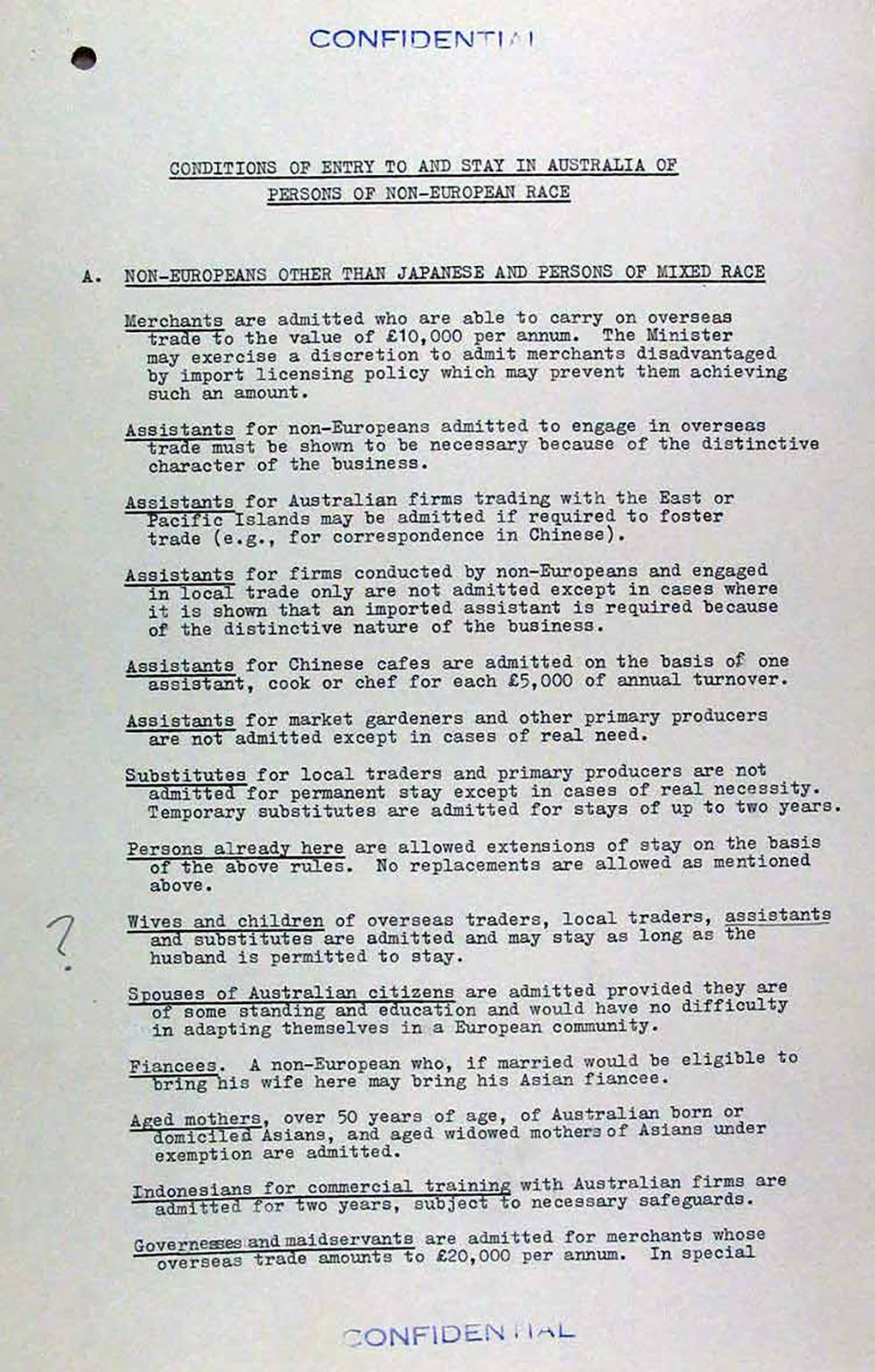
Confidential background notes for the Prime Minister.
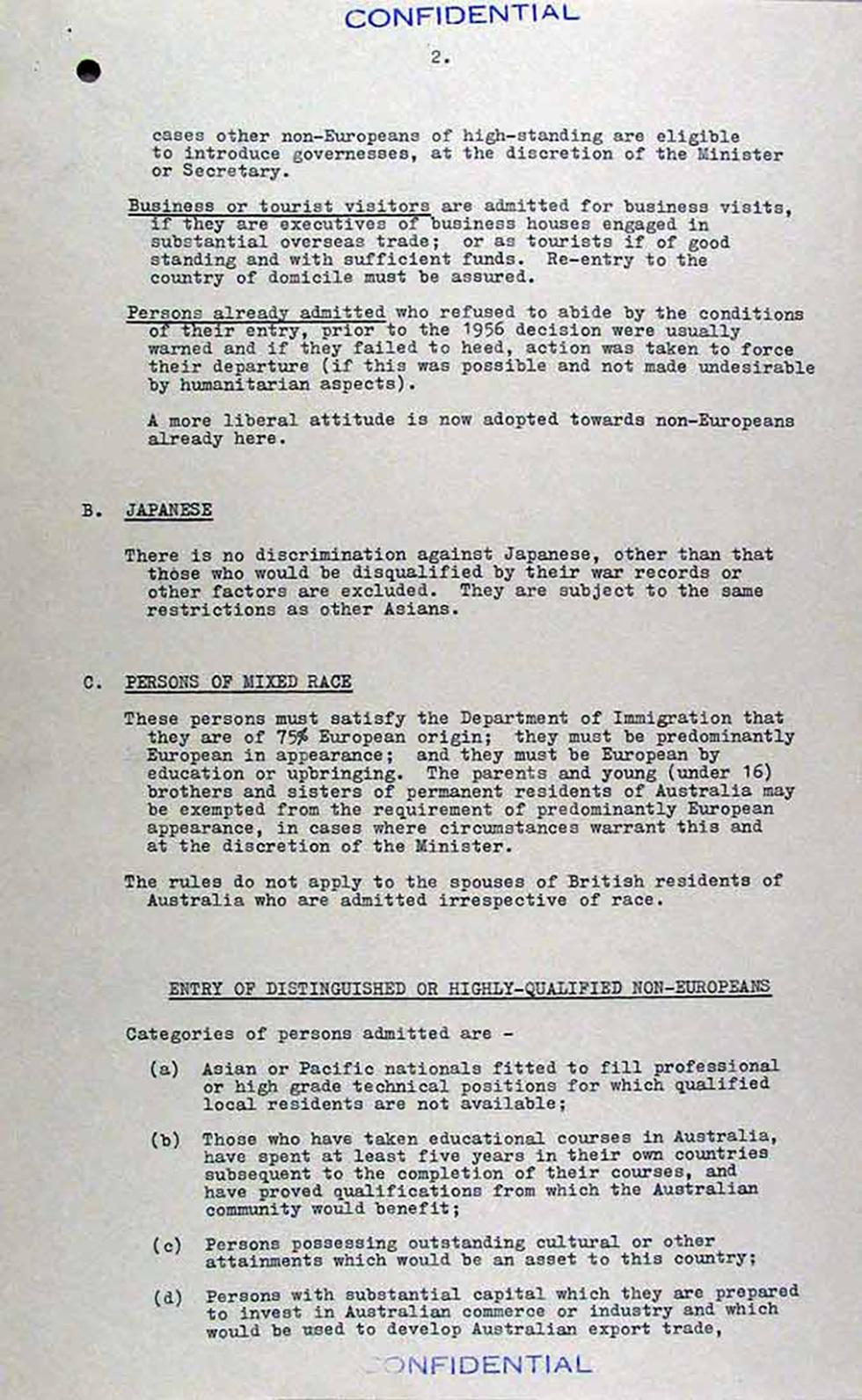
Confidential background notes for the Prime Minister.
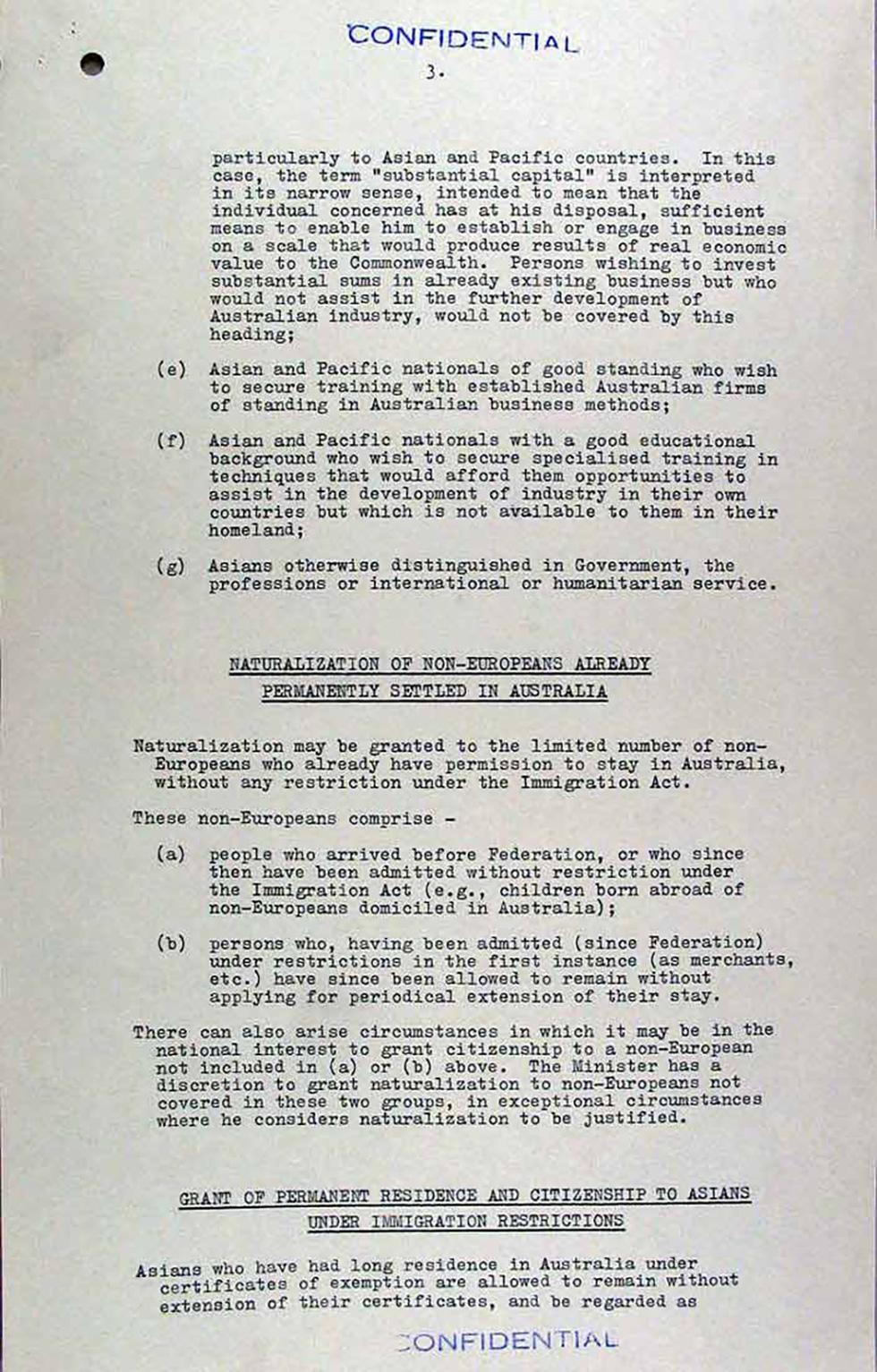
Confidential background notes for the Prime Minister.
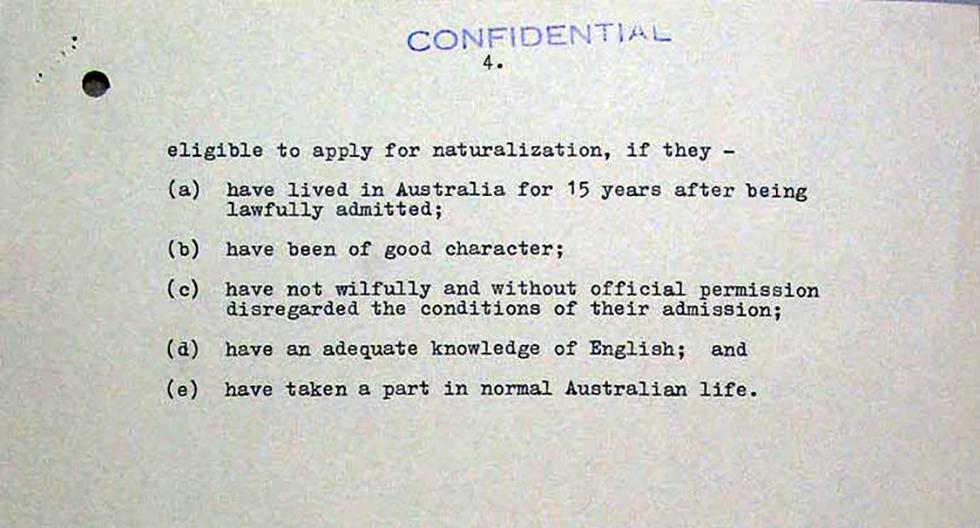
Confidential background notes for the Prime Minister.





